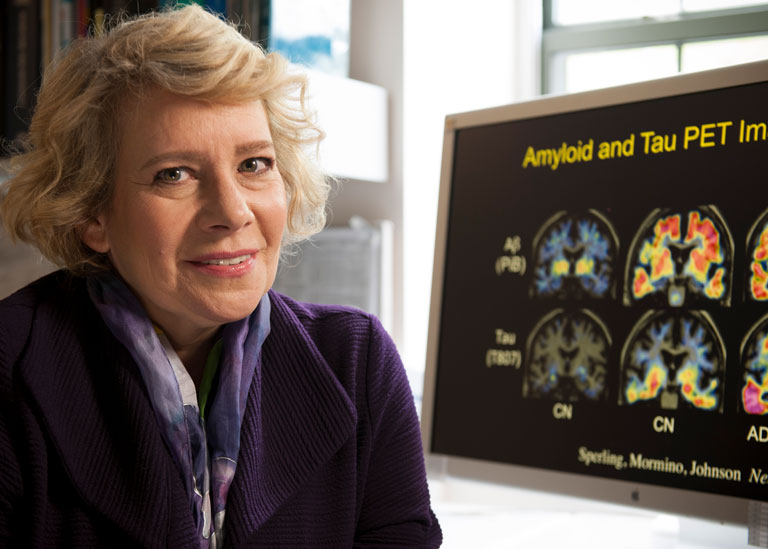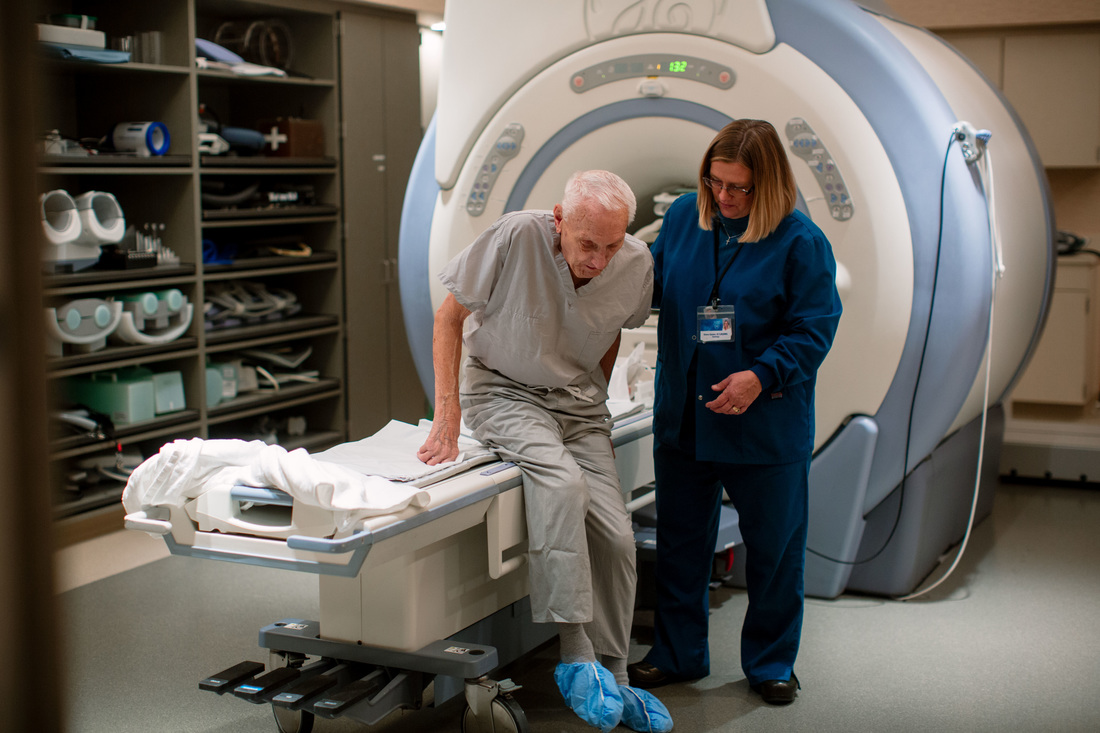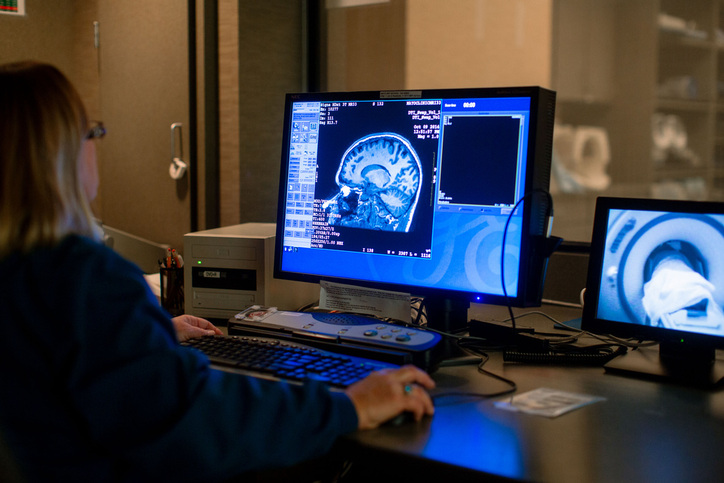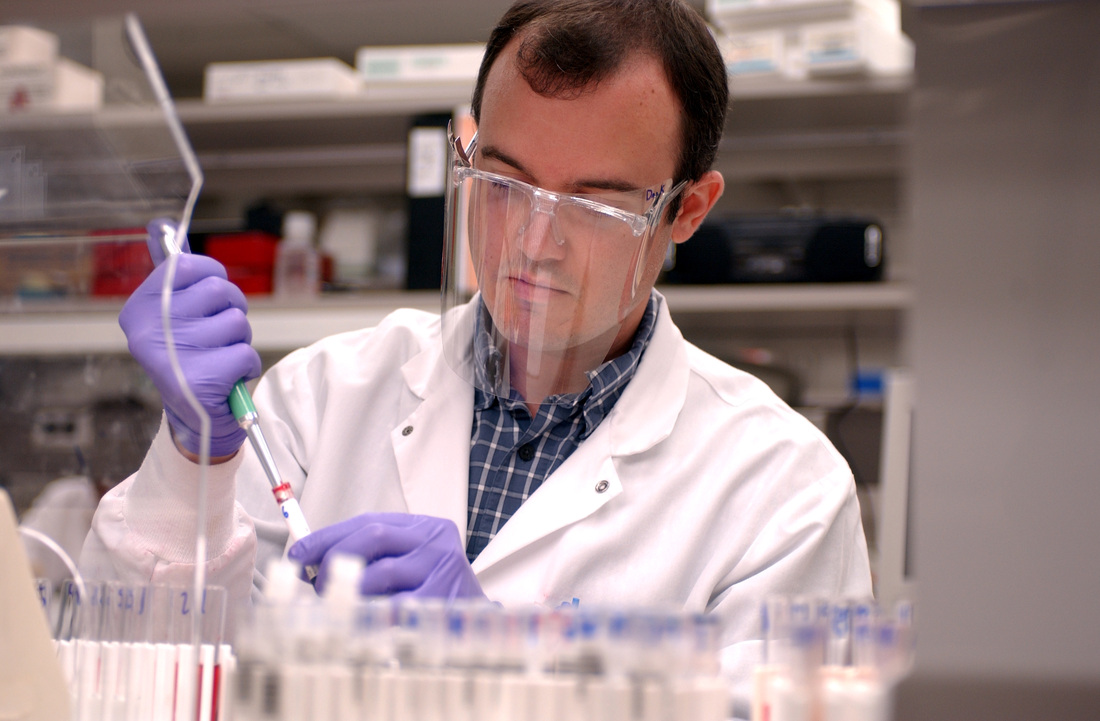Solanezumab did not slow cognitive decline as compared to placebo. Additional learnings from the trial will continue to be shared as future analyses are completed, including results from the companion study - LEARN.
Read the published results of the A4 study in the New England Journal of Medicine.
Background on the A4 Study
The A4 Study is a landmark public-private partnership, funded by the National Institute on Aging (part of National Institutes of Health), Eli Lilly and Company, Alzheimer's Association, GHR Foundation, Foundation for the National Institutes of Health, and several other organizations and donors. The A4 Study is coordinated by the Alzheimer's Therapeutic Research Institute (ATRI) at the Keck School of Medicine of University of Southern California and is a project of the Alzheimer's Clinical Trials Consortium (ACTC).







 RSS Feed
RSS Feed
